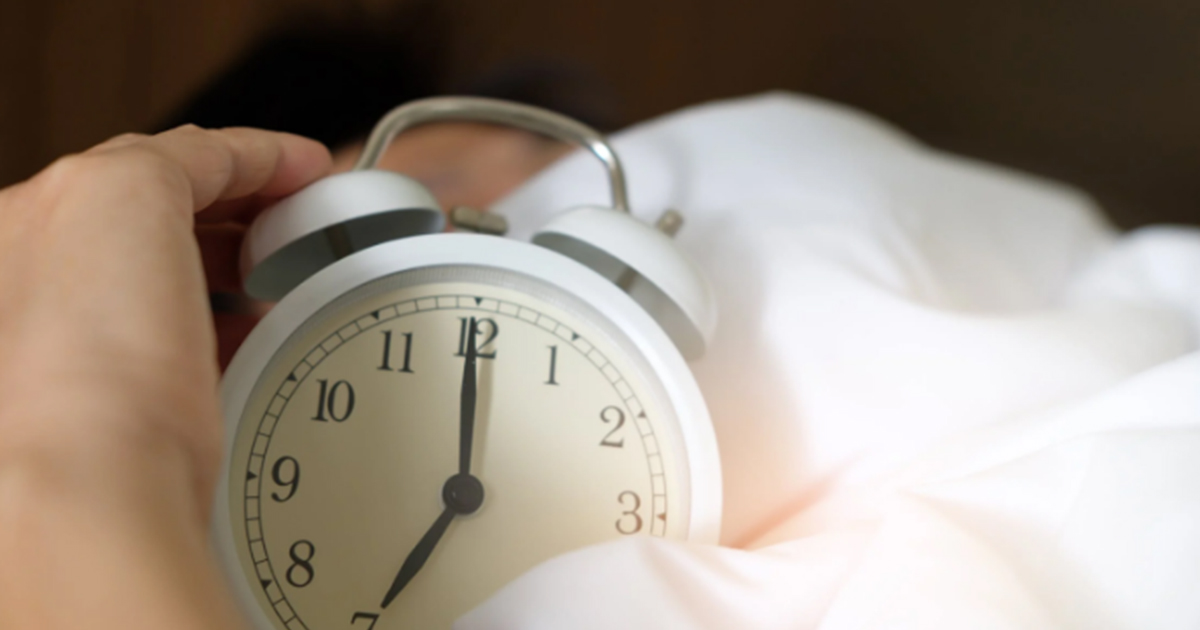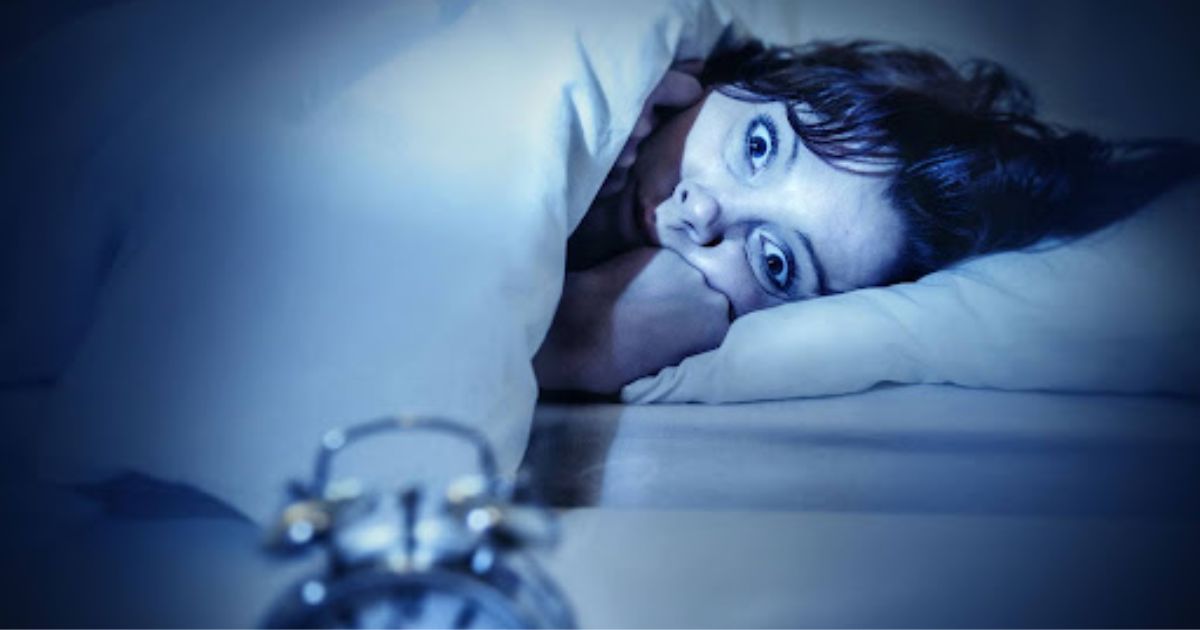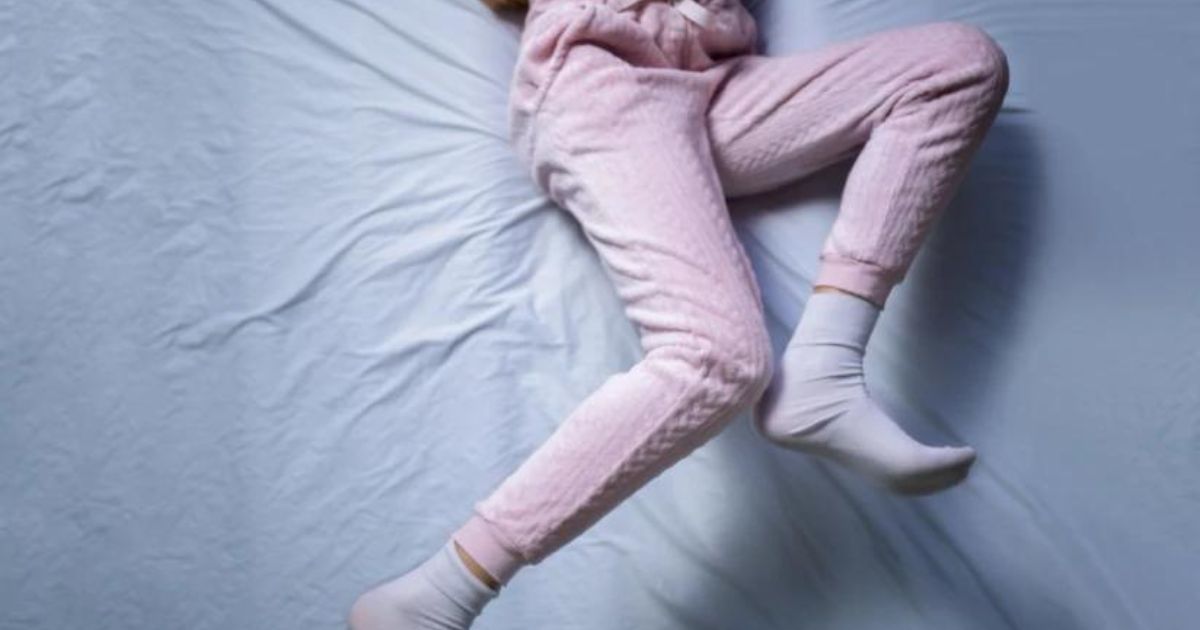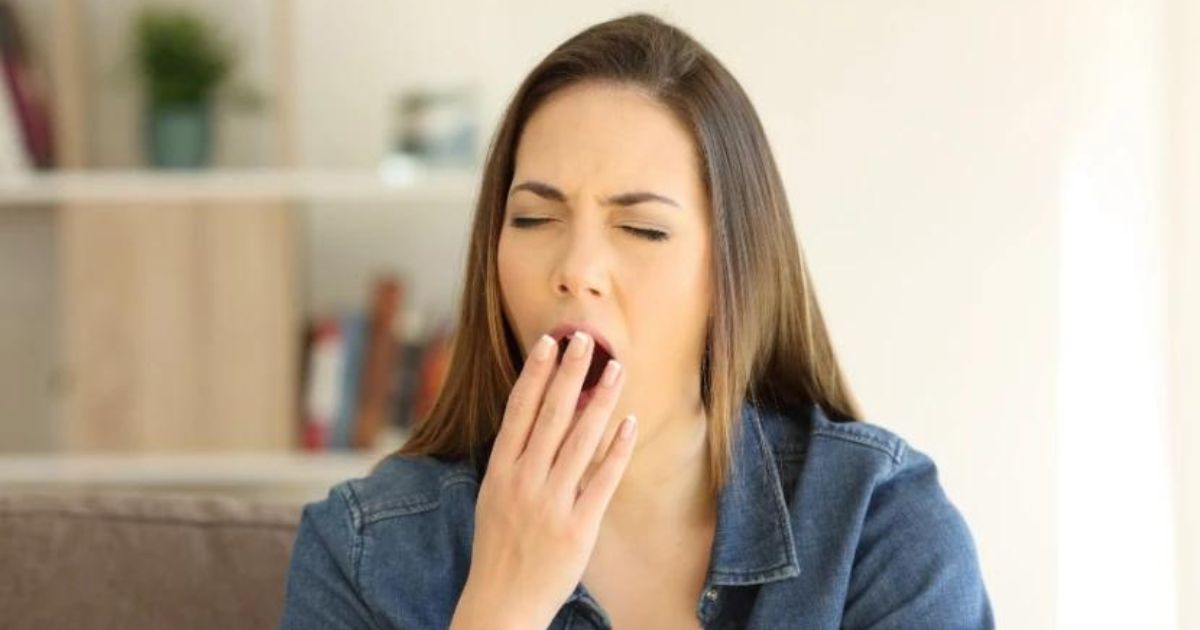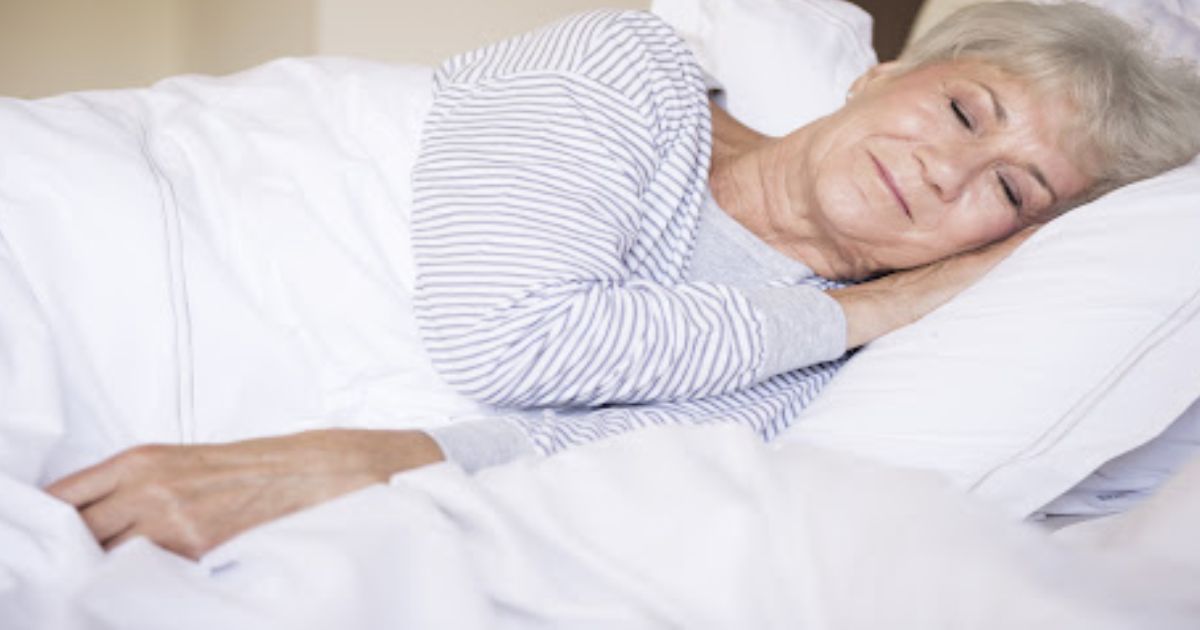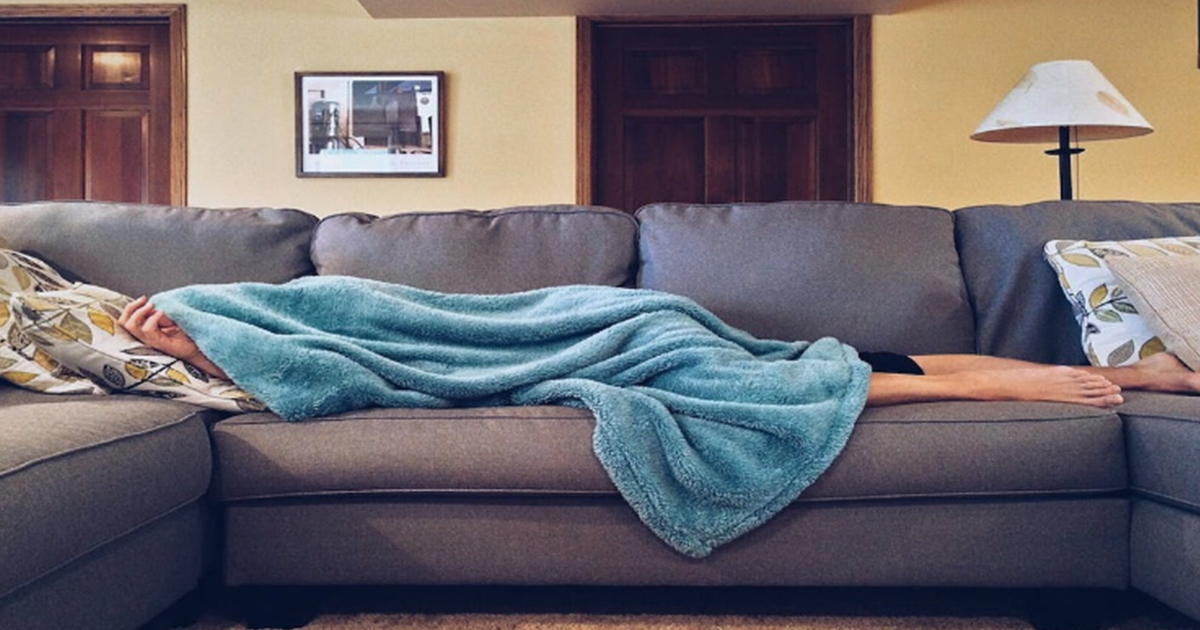Getting enough sleep is crucial for your well-being. But even though it’s important, your lifestyle and habits can sometimes interfere with your ability to get the recommended amount of sleep. When we don’t get enough sleep, it can negatively impact our productivity, mood, and health. If you’re experiencing sleepless nights, this article will provide helpful tips on surviving on no sleep.
What lifestyle factors interrupt sleep?
All too often, we find ourselves engaging in activities that aren’t good for our health. Several lifestyle factors can disrupt sleep, including
- Technology: Blue light from electronic devices like your iPhone can interfere with your natural sleep-wake cycle.
- Caffeine: Consuming caffeine, particularly later in the day, can keep us alert and make it challenging to fall asleep. The more caffeine you drink, the more likely you will be up all night.
- Stress: Anxiety and stress can make it challenging to quiet the mind and fall asleep.
- Environment: Noise, light, and temperature can affect our ability to get restful sleep.
- Irregular Sleep Schedule: Inconsistent sleep patterns can confuse our body’s internal clock, making it difficult to fall asleep and wake up.
So, how can you survive on no sleep?
Survival Tips for Dealing With Sleepless Nights
- Use a Sleep Tracker: A sleep tracker can help you learn your sleep patterns, which will help you know what to do throughout your day to stay awake. They’re also convenient and easily accessible!
- Establish a Bedtime Routine: Establishing a healthy sleep schedule can help prepare the mind and body for sleep. While you don’t have to go to bed extra early, it’s always good to ensure you’re starting to wind down at a regular time.
- Avoid Electronic Devices: Limit electronic devices before bedtime to prevent the blue light from interfering with sleep. Although it’s tempting to scroll on social media while lying down, avoiding it will help you get the rest you deserve.
- Adjust Your Environment: Ensure your bedroom is calm, quiet, and dark, and invest in blackout curtains if necessary.
- Limit Caffeine Intake: Avoid consuming caffeine later in the day or evening to promote better sleep. Some people stop drinking caffeine as early as right after dinner to prevent them from being up all night.
- Stay Hydrated: Drinking plenty of water prevents daytime fatigue and drowsiness. If you’re prone to avoiding water, get a cup or water bottle you like to motivate you.
- Take Short Naps: Napping for 20-30 minutes can help recharge your energy levels and improve cognitive function. Prioritizing this can help you operate on little to no sleep.
- Exercise: Physical activity during the day can improve sleep quality at night.
- Manage Stress: Practicing relaxation techniques such as meditation or deep breathing exercises can help reduce stress and promote better sleep. Seeing a therapist is another great idea
Risks of Sleep Deprivation
Just because you know how to survive without sleep doesn’t mean you should. Surviving without sleep, also known as sleep deprivation, can negatively affect physical and mental health. While pushing through a project or staying up late to finish a task may be tempting, depriving the body of its essential rest time can lead to many negative consequences.
One of the primary issues with sleep deprivation is that it impacts cognitive function. Without adequate sleep, the brain cannot consolidate memories, process information, or make decisions effectively.
Sleep deprivation also hurts your physical health. It can weaken the immune system, making your body more vulnerable to illnesses and infections — increasing the likelihood of developing chronic conditions such as obesity, diabetes, and cardiovascular disease.
Lack of sleep can also lead to emotional issues such as irritability, mood swings, and depression. It can also prolong existing mental health conditions and increase the risk of developing anxiety disorders.
In addition to the harmful effects on your physical and mental health, Sleep deprivation can be dangerous. Drowsy driving, for example, is a severe concern linked to numerous car accidents and fatalities. Sleep-deprived people may be more prone to accidents at work, home, or other activities.
While it’s easy to think you can function normally with little sleep, the reality is quite different. Prioritizing sleep and ensuring that the body gets adequate rest is crucial for maintaining physical health, emotional health, and cognitive function.
How Jacksonville Sleep Center Can Help
If you’re experiencing chronic sleep problems, seeking professional help is essential. Jacksonville Sleep Center is a specialized clinic that can help diagnose and treat sleep disorders. Our doctors work with you individually to create a personalized plan to get your sleep back on track.
In conclusion, surviving on no sleep is not ideal, but it’s sometimes necessary. Understanding the lifestyle factors that disrupt sleep and adopting healthy sleep habits can help promote better sleep. If you’re experiencing chronic sleep problems, don’t hesitate to seek professional help from the Jacksonville Sleep Center. Remember, a good night’s sleep is crucial for your overall health and well-being. Contact us today to learn how our sleep treatment services can help you survive on no sleep or deal with your sleep disorder.

